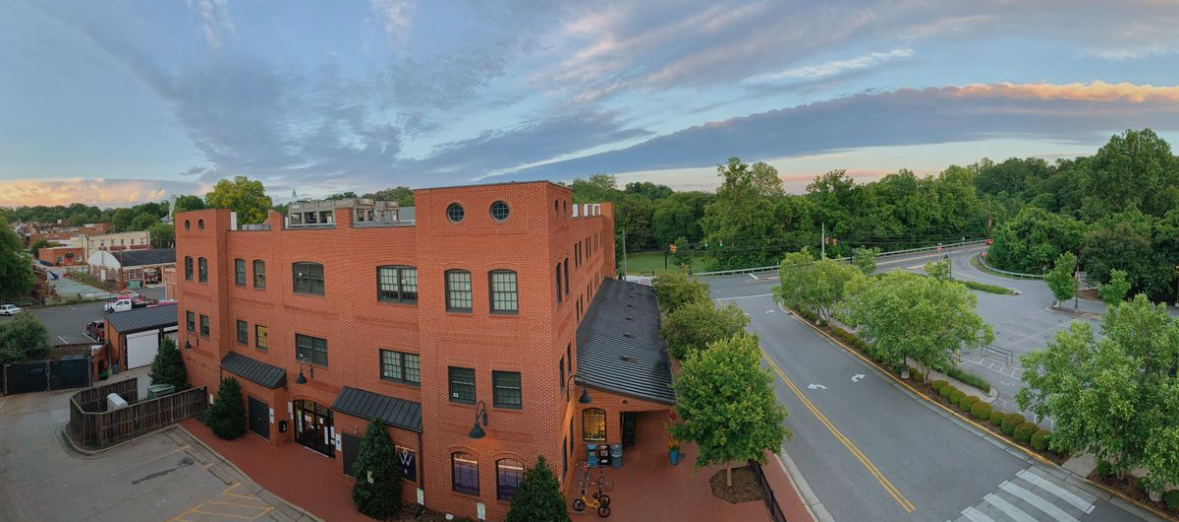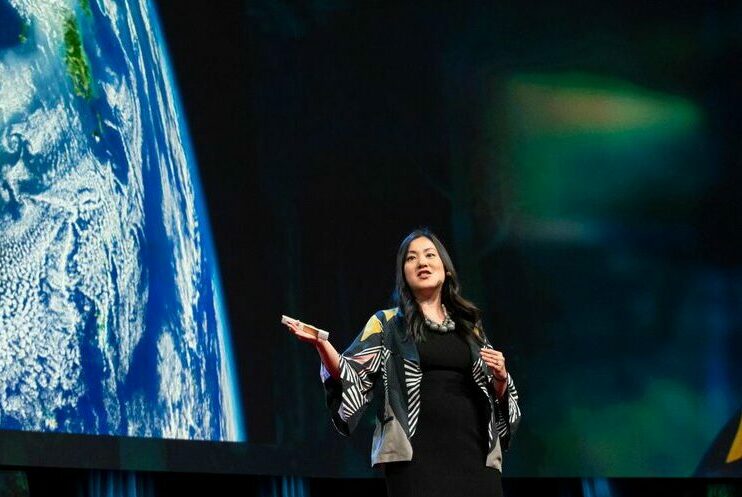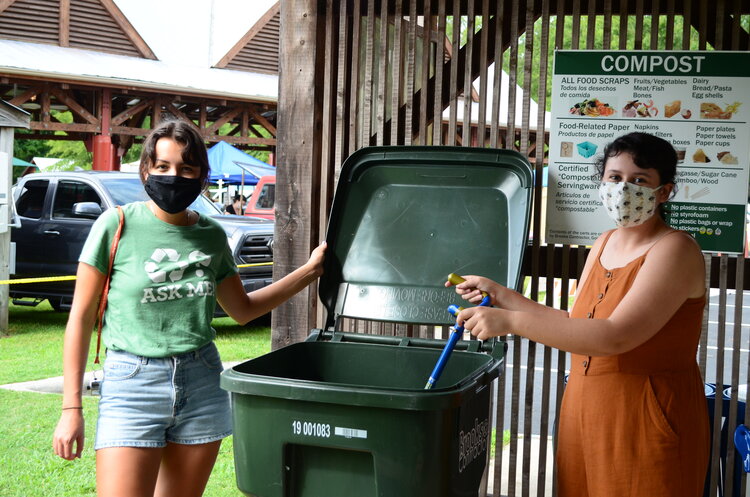Our Town Council struggled with the decision to allow OWASA to retain the ability to tap Jordan Lake water in case of emergency. Being able to do this will also allow OWASA to remain part of the regional group that would set policy on the lake’s future. As a board member of the Chapel Hill-Carrboro Chamber of Commerce, I voted to put the Chamber on record to support OWASA retaining the five million gallons per day allocation because it made sense to me.
Some on the Council were strongly opposed to the OWASA plan, so I wonder, does supporting OWASA on this mean that I’m all wet? On Council member said that the lake is polluted and that the lake did not even need to exist. As I listened to the presentation by OWASA to the Council, I heard them say that this was an emergency “stand-by” action, and if we didn’t participate, we would lose our voice in future Jordan Lake decisions since we would no longer be at the table.
I am one of those who believe that having an insurance policy is a prudent action, and that’s why I buy life and property insurance. Why shouldn’t OWASA? They want to use Jordan Lake during any future droughts, but the agreement in effect restricts usage to emergencies unless the local governments agree to non-emergency uses. Given what is happening in Chapel Hill, and what has already happened in Carrboro, its unlikely OWASA would get consent.
The Town Council previously approved the changes in February by a vote of 7-2, and now it reversed itself 7-2. Since the towns appoint seven of the nine OWASA board members, this is going to be very interesting! No one is saying that we will run out of water any time soon, but here’s what troubles me: during the last drought, we learned to cut back on our water usage then the rates went up because demand and income went down.
OK, I get that this is a complex issue involving emergency and non-emergency use. I also get the concerns about this might work to negate our conservation ethic. But I also understand that OWASA doesn’t have a lot of flexibility in their cost model and therefore, as costs rise, it will mean a rate increase, more likely than not.
Am I all wet? I don’t think so!
Now, those are my thoughts. What are yours? Comment below!
Related Stories
‹

'A Beautiful Effort': Community-Organized Hillsborough Climate Challenge BeginsMonday, April 1 will kick off the Hillsborough Climate Challenge – a full month of events highlighting sustainable activities for Hillsborough residents.

Policy, Language and Tech: UNC's Angel Hsu Discusses Combating Climate ChangeAngel Hsu is an associate professor in UNC’s environmental ecology program. She recently spoke with 97.9 The Hill about her work as the director of a data-driven envirolab and how technology can teach us more about combating climate change on a local government level. Check out highlights of the conversation below, which are lightly edited […]

UNC Health Considering $5 Million Affordable Housing Fund for Chapel HillUNC Health is building at least 10 medical offices. To house potential employees, it is planning to create an affordable housing loan fund.

Town of Carrboro Considering Curbside Compost PickupCarrboro has two curbside waste collection options: trash or recycling. But, the town is considering adding a third bin into the mix: compost.

Looking for Ways to Celebrate Earth Day? Check Out These Local Events.People around the world are celebrating Earth Day under the theme "Invest In Our Planet." Here’s how you can celebrate locally around town.

Remember the State's Carbon Plan? Here's How Duke Energy Plans to Address ItAbout a month ago, the state passed a plan that requires public utility companies to change how they use fossil fuels.

UNC Student Details Experience at International Climate SummitThe COP 27 Climate Conference hosts countries in the United Nations to discuss efforts and propose solutions to combat climate change. Last month, some of UNC’s very own had the unique opportunity to attend the conference in Egypt.

Giant, Sustainable Rainforest Fish Is Now Fashion in AmericaWritten by FABIANO MAISONNAVE Sometimes you start something and have no idea where it will lead. So it was with Eduardo Filgueiras, a struggling guitarist whose family worked in an unusual business in Rio de Janeiro: They farmed toads. Filgueiras figured out a way to take the small toad skins and fuse them together, creating […]

Lead Detection in UNC Library Leads to Removed FountainsAfter detecting lead in multiple tests, UNC announced it is removing several drinking fountains from Wilson Library. The University’s Office of Environment, Health and Safety shared the news in an email to the campus community on Thursday around 3:30 p.m. “Other drinking fountains in the building were tested, showed no detectable levels of lead and […]

DEQ Considers Brownfields Program for Chapel Hill Police Station PropertyStudies are being conducted to determine if the EPA Brownfields Program can be used to clean up and redevelop the 828 MLK Jr. property.
›











